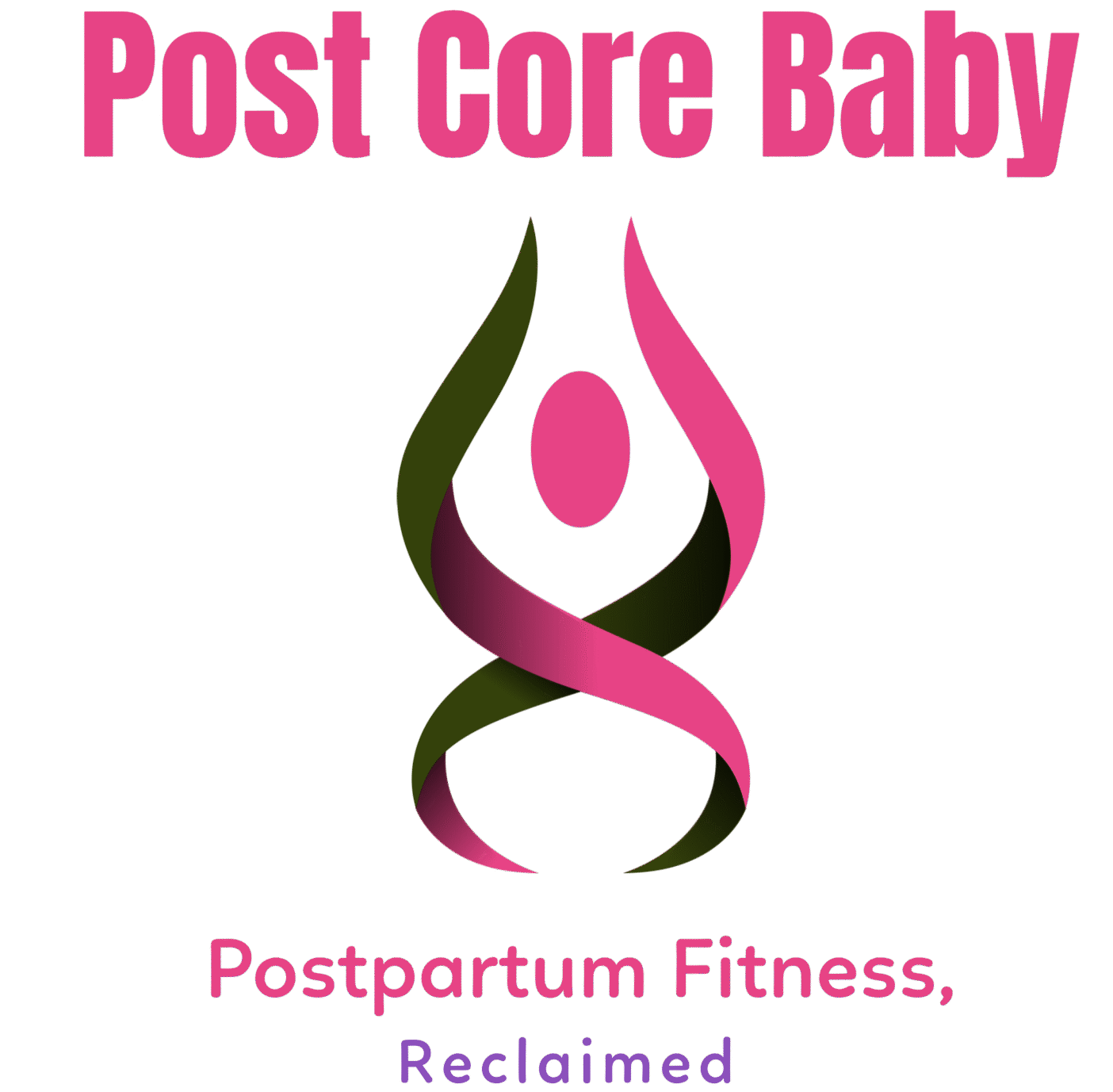Bringing a new life into the world is beautiful—but let’s be real, it’s also overwhelming. Many new moms face unexpected emotional ups and downs during the postpartum period. Between sleepless nights, hormonal shifts, and the pressure to “bounce back,” it’s easy to feel anxious, stressed, or even isolated.
The good news? You’re not alone, and there are tools and strategies to help. In this post, we’ll dive into postpartum stress relief tips, ideas for managing anxiety, and simple products—from soothing aromatherapy diffusers and reflective journals to the insightful Flo App—that can make a real difference in your healing journey.
Understanding Postpartum Stress and Anxiety
It’s completely normal to feel emotional after giving birth. Your body is adjusting, your routine is upside down, and you may be experiencing “baby blues.” However, if you feel persistently overwhelmed, anxious, or unable to relax, you may be dealing with postpartum anxiety.
Common symptoms include:
- Racing thoughts or constant worry
- Restlessness or difficulty sleeping
- Physical tension
- Fear about your baby’s well-being
- Feeling out of control
If these feelings persist or intensify, always reach out to your healthcare provider. Support is available—and effective treatment exists.
1. Create a Calm Space with Aromatherapy
Scent has a powerful impact on mood, and essential oils can help calm your nervous system and reduce stress.
Set the tone in your bedroom or nursery with a calming aromatherapy diffuser (Amazon affiliate link). Look for diffusers with automatic shut-off and soft lighting for a relaxing vibe. Recommended essential oils include:
- Lavender: for calm and sleep
- Chamomile: for emotional balance
- Bergamot: to ease anxiety and uplift
Inhale deeply, dim the lights, and let your body decompress—even if it’s just for 5 minutes while the baby naps.
2. Journal Your Thoughts and Emotions
Writing is a powerful form of postpartum stress relief. It helps you process emotions, gain perspective, and celebrate small victories.
Keep a guided journal from Amazon (affiliate link) by your bed or breastfeeding station. Use it to:
- Reflect on how you’re feeling
- Record daily wins (even just taking a shower!)
- List things you’re grateful for
- Track sleep, feeding, or moods
This ritual offers emotional clarity and helps you stay connected to yourself amid the chaos.
3. Use the Flo App for Mind-Body Awareness
The Flo App (non-affiliate) isn’t just for tracking your cycle—it also offers mental wellness tools tailored for new moms. With daily emotional check-ins, mindfulness exercises, and postpartum health tracking, Flo can help you monitor both your physical and emotional recovery.
It’s like having a pocket coach to guide you through managing anxiety and supporting your body after birth.
4. Prioritize Hydration to Support Mood and Energy
You might not realize it, but dehydration can intensify feelings of fatigue and irritability—common triggers for postpartum stress. Aim to drink at least 8–10 glasses of water a day, and more if you’re breastfeeding.
Tips to stay hydrated:
- Keep a large insulated water bottle with you at all times
- Drink a glass every time you nurse or pump
- Add fruit slices or herbs for flavor
- Include hydrating foods like cucumber, melon, and broth-based soups
Staying hydrated supports hormonal balance, digestion, and even sleep—making it essential for postpartum stress relief.
5. Practice Mindful Breathing and Mini Meditations
You don’t need an hour of peace to feel better. Even 2–5 minutes of mindful breathing can help lower your heart rate and bring you back to center.
Try this:
- Sit in a quiet space and close your eyes
- Breathe in for 4 seconds, hold for 4, and exhale for 6
- Repeat 4–5 times
- Visualize a calming scene or repeat a gentle affirmation like “I am safe. I am healing. I am doing enough.”
Apps like Insight Timer or Calm also offer free postpartum-specific meditations if you need extra support.
6. Ask for Help—and Accept It
One of the hardest things for new moms is accepting help. But remember: you don’t have to do it all alone. Let your partner, friends, or family take care of meals, errands, or diaper duty.
Sometimes, talking to a therapist—even virtually—can make a massive difference in managing anxiety. If needed, ask your doctor about support groups or postpartum mental health services.
Final Thoughts
Adjusting to motherhood is a monumental shift, and your emotional well-being matters just as much as your baby’s. From soothing aromatherapy diffusers and healing journals, to apps like Flo and essential hydration habits, you have tools at your fingertips to make this transition smoother.
Remember: postpartum is not just a phase—it’s a healing journey. Be kind to yourself. You are growing, adapting, and doing the best you can—and that’s more than enough.



